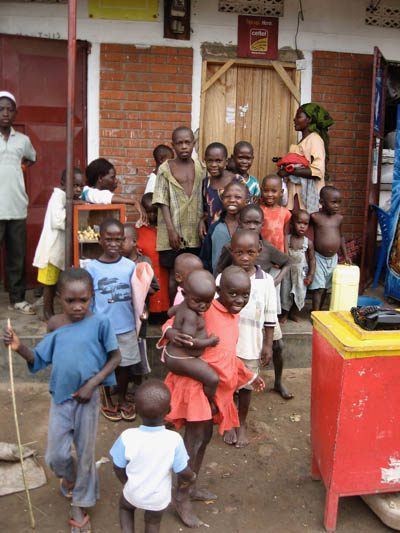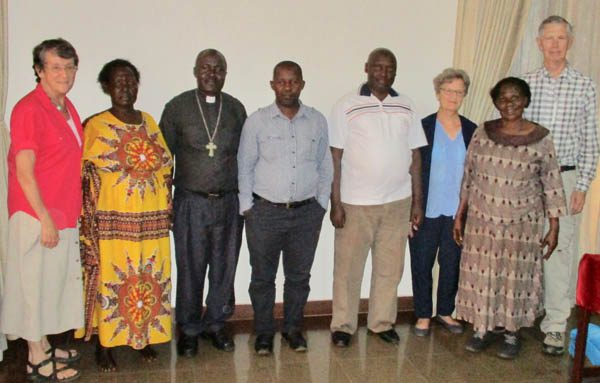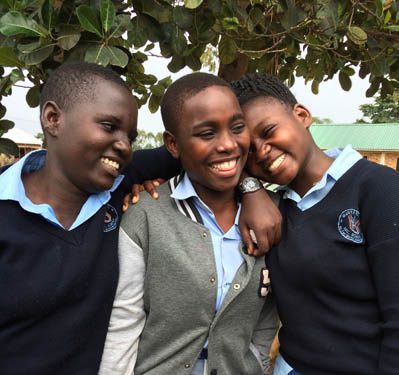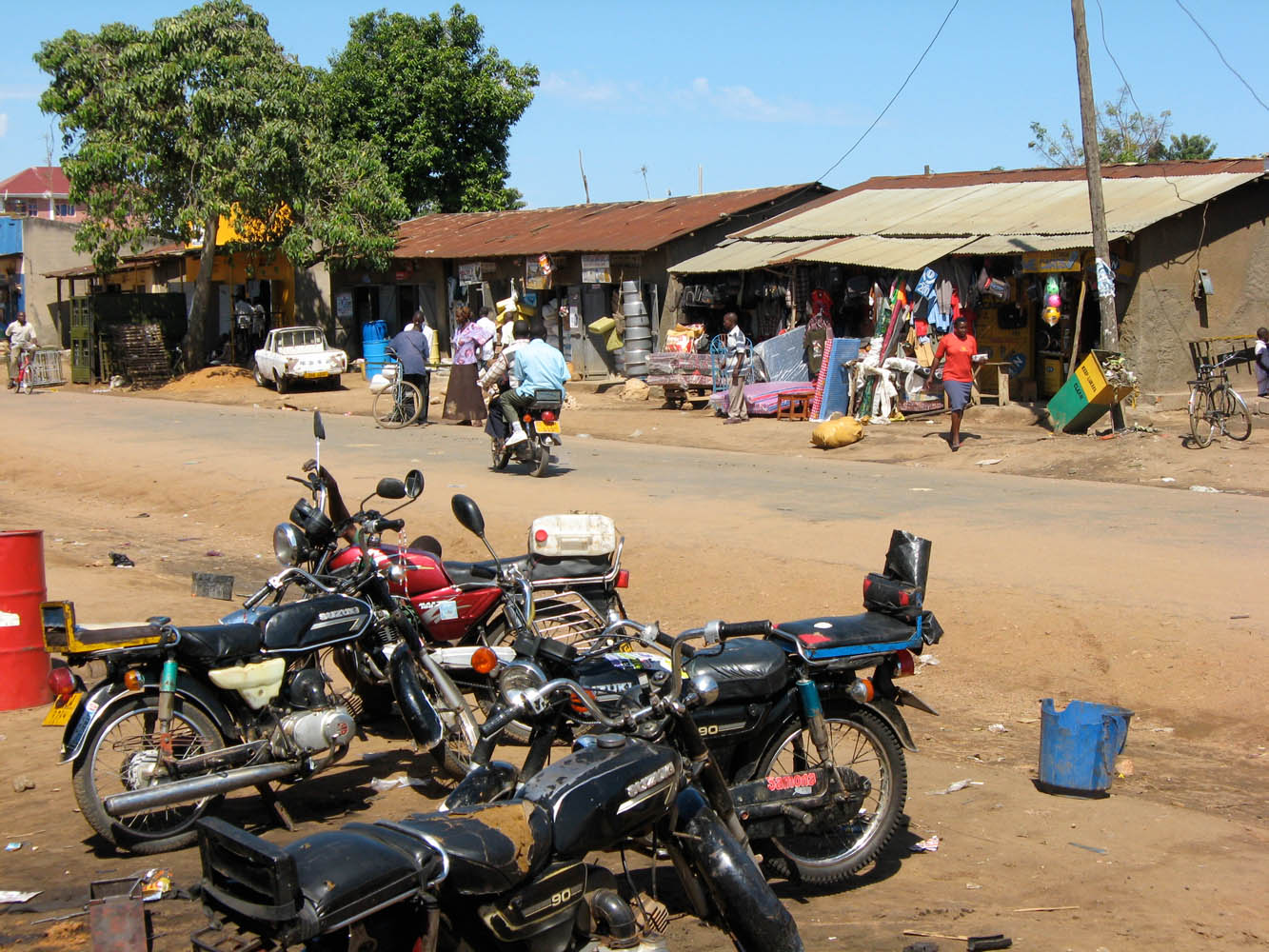
A town with a past and a future
As you drive southwest from Kampala along the shores of Lake Victoria, you cross the Equator. Twenty minutes later, you arrive in Lukaya, a bustling and rapidly developing town. The town’s population grew from 14,000 in 2002 to more than 25,000 in 2017. It continues to rise.
Historically, Lukaya was the stopping point for travelers between Kampala and Mbarara. More recently, it became a stop where long-distance truck drivers could eat and rest. This gave rise to a lively prostitution business resulting in HIV/AIDS in Lukaya that is 3 to 4 times higher than the national average. In the last several years, opportunities for women have diversified. Prostitution has decreased, but the result of such a high rate of HIV continues to have an impact. Children under 15, including many orphans, outnumber the adult population. Under such conditions, many children receive little care. It is common to see preschoolers taking care of their younger siblings. Slightly older children will likely be out on the street selling fruits or other items.
Never doubt that a small group of thoughtful, committed citizens can change the world…*
On our first visit to Lukaya, we met several community leaders. These people had a vision for the area. They wanted quality care and education for orphans and vulnerable children. They wanted help for single moms and grandmothers. They were looking for more than just money. They wanted help in developing longterm solutions. At first, we formed an informal partnership. A couple of years later, we helped to found a non-profit organization in Uganda. With over 600 students, a staff of 83, and two beautiful campuses, Mustard Seed Academy is changing the world.
*Margaret Mead

Diversity and Harmony
Lukaya is in the region of Uganda called Buganda. But the residents of the town come from many parts of Uganda and even from Rwanda and Sudan. Many different tribes and religions are represented.
Christians make up nearly 2/3 of the town. Catholics account for more than half of the Christians. Others are Anglican, Pentecostal, ‘born-again’, and some Seventh Day Adventists. About one-third of the town is Muslim. A few people practice the traditional African religion of animism.
People of Buganda are well-known for their hospitality. Nowhere is that clearer than in the Mustard Seed community where students care for each other. Differences in origins and practice have little importance. One Mustard Seed graduate reflected, “The best thing about attending MSSS is the spirit of brotherhood among all students. We were brothers and sisters who feared the Lord.”

